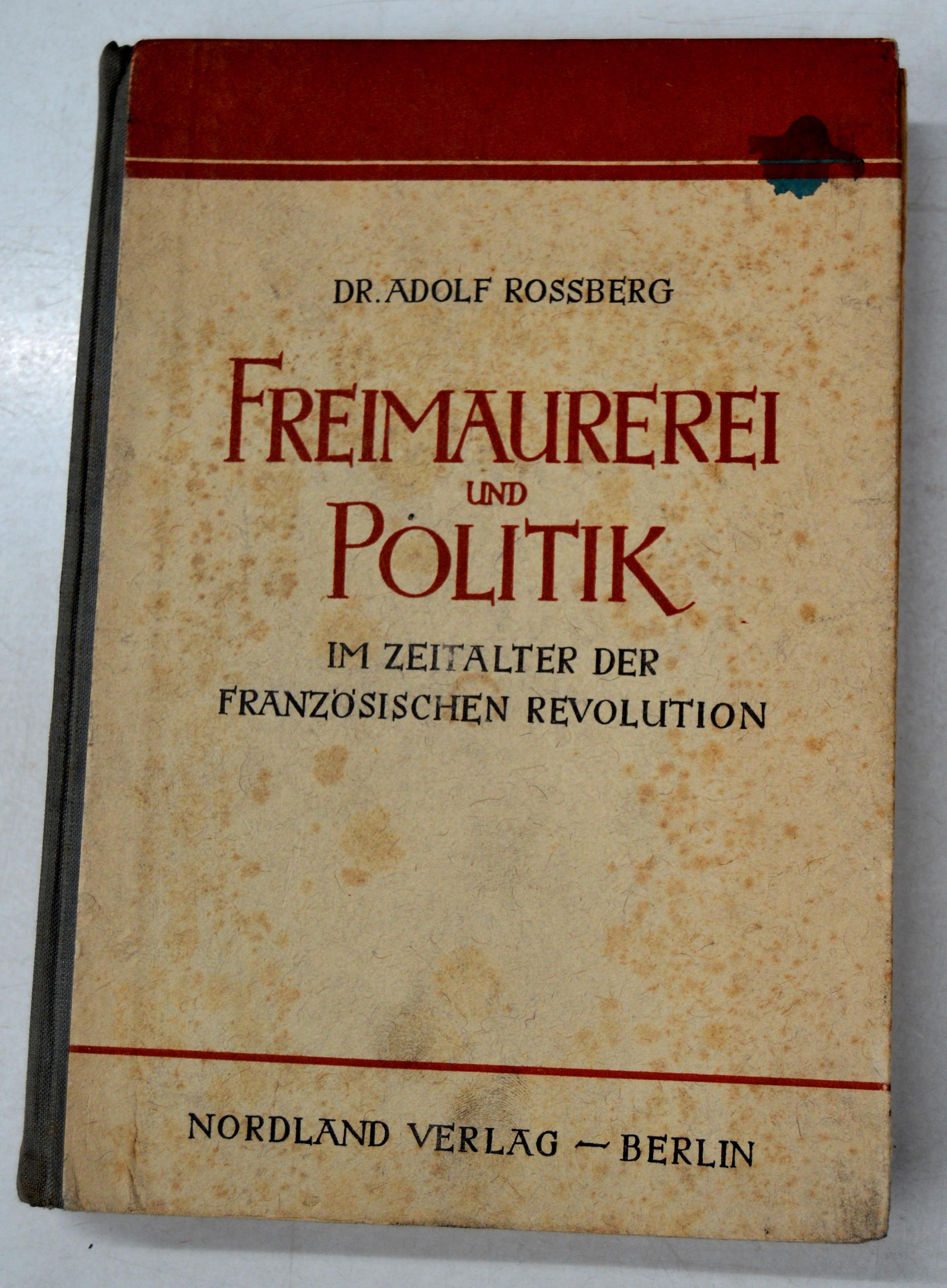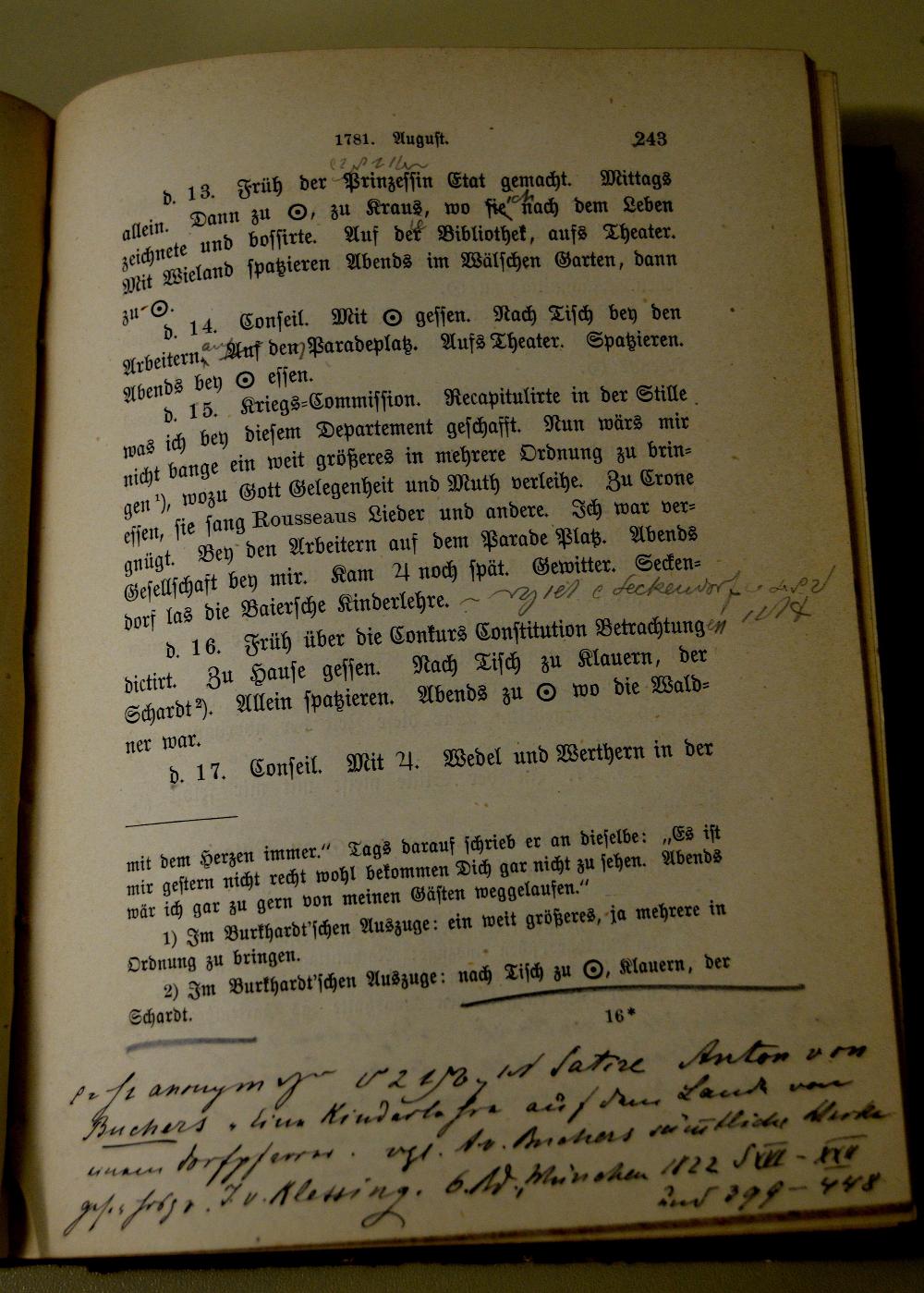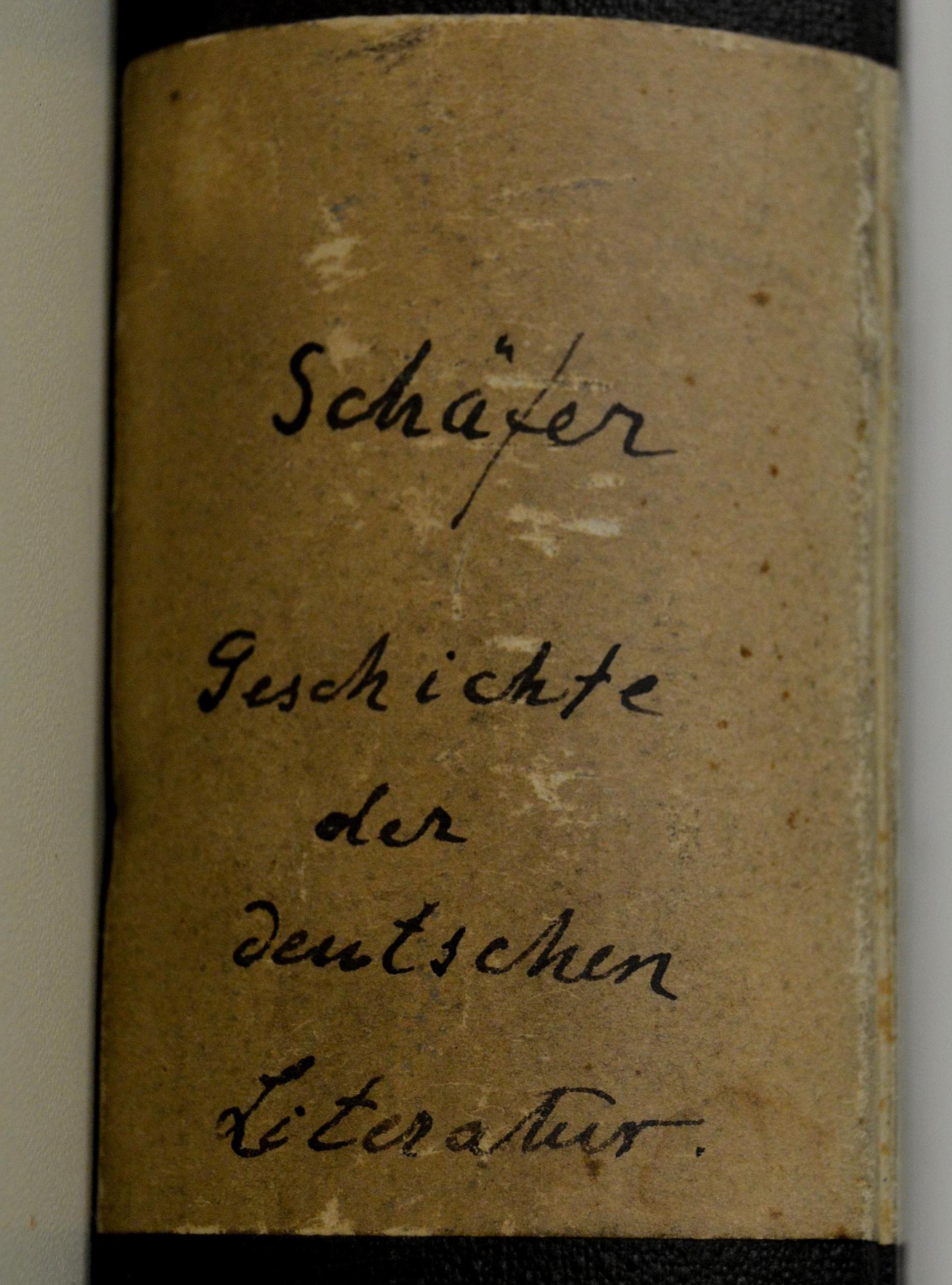Characteristics of the processed publications
Published on 25 August 2015
Our aim is to process correctly 12,000 documents from approximately 300,000 found in the reserve funds of the National Library. The National Library staff has had no chance to work through those documents systematically. This is why the project Books Discovered Once Again was initiated. The project represents the first research into these books. Half of the 12,000 registered volumes belong to Masonic literature; thus the largest comprehensive collection of Masonic literature in the Czech Republic will be formed. What have we found out about the books? Where do they come from, and how did they find their way to the National Library depository? These very questions are going to be answered by the following article.
12,000 books from individual libraries
The character of the books selected for processing reflects the owner of the original library. Given that the reserve funds of the National Library contain books from many dissolved, confiscated and dispossessed libraries of various kinds, the composition of these collections in terms of thematic focus and type of extant documents is very varied. The end of World War II, post war development and the transition to a totalitarian regime meant for libraries and books a period of change in ownership, relocation, loss and destruction. Nowadays, it is very difficult to reconstruct the fate of many libraries, which at the time were affected by wartime and post war events. Publications from libraries whose ownership was that forcedly changed can be found just about anywhere. For example, the libraries from confiscated aristocratic estates are under the administration of the Department of Castle Libraries of the Library of the National Museum.
The reserve funds are books that come from the libraries of various institutions as well private collectors. There are books from the libraries of grammar schools, the German Charles University, various associations, ministries and other government institutions, books from the libraries of abolished monasteries and large industrial firms (e.g. ČKD, Škoda, Waltr Motors). Among all these, the library collections from the banned Masonic lodges brought to our territory during World War II stand out. The remains of municipal libraries and the libraries of various societies from the Sudetenland, which ceased to exist after the expulsion of the German speaking population, can also be found in the reserve funds.
Private book collections
Other significant sources of books were private libraries, of which only a small portion can be identified. There were, for example, the extensive collections of August Saur, the Austrian Germanist who worked at the Charles University in the late 19th and the early 20th centuries, and the remnants of libraries of peculiar and often rather problematic people, such as Gregor Schwartz-Bostunitsch, a Ukrainian emigrant, acting in Germany during the war as the ideologue of Nazi occultism, and Jiří Arvéd Smíchovský, who during the war owned the largest collection of esoteric literature in the country. The fates of some of the books are very colourful, as is attested to by the ownership stamps and ex libris. Among those books will be many that come from the libraries of Jewish inhabitants who perished in concentration camps, but also of the displaced German inhabitants. The origin and signs of ownership can be discovered for only a small percentage of these books.
Among these books, however, will be a large number of documents that came to the reserve funds in a normal way, from institutions that ceased to exist, or as books discarded by libraries for the obsolesce of their content, or as gifts.
Fiction
Among the books are large amounts of fiction, which was present in almost all libraries and book collections. As the project is aimed at non-Bohemian documents, these are the original works of authors writing in German or translations of world literature into German. Fiction was part of private libraries and also of school libraries as required reading, and is found in large amounts in monastic libraries and libraries of various societies. Fictional propaganda pamphlets published for German soldiers at the front represent a specific kind of a document, nowadays only rarely preserved. Works of fiction in other languages appear only rarely.
Encyclopedias
Another large proportion of these collections consists of encyclopedias, which again come from various libraries. Scientific and professional literature comes from the dissolved library of the German Charles University, libraries of various societies and private book collections, and in some cases also from the libraries of government institutions. There are works from the fields of medicine (during the war the German Charles University concentrated on racial studies) and the social sciences, particular history, linguistics, law and other disciplines. Local history publications are numerous, too, and not only those from our territory. Those were also included in libraries of various types. Books with religious themes usually come from dissolved monastic and parish libraries. Among those are prayer books, Church history books and partly also fiction. Catechisms usually come from school libraries. A certain percentage of theosophical and occult literature also appears in the reserve funds. This literature was undesirable under both the Nazi regime and communist totalitarianism. After the war, some books were discarded by libraries because they contained stamps with Nazi symbols (the swastika).
Masonic literature
The content of Masonic libraries is characteristic. They contain publications thematically related to the issue of Freemasonry and Masonic lodges (the history of Freemasonry, yearbooks). However, books with philosophical, theosophical, historical and generally religious literature appear, too.
Libraries of various societies
Among the societies whose books are found in the reserve funds are not only Slávie, Germánia and the Society of Academic Book Club, but also other interesting societies, such as the Society of the Friends of Democratic Spain and the non-political society ZEMGOR, supporting Russian immigrant students. The books from the reserve funds written in Czech were catalogued and processed in another project, in which proprietary marks were not the subject of processing.
Linguistically rich collection
The reserve funds contain books in the major European languages, particularly German, French and English, but also many publications in Spanish, Russian and other Slavic languages, Hungarian, and so on. With regard to the objectives of the project, the processed books come mostly from the 19th and the first half of the 20th centuries. In the past, old prints were handed over to the department of manuscripts and old prints of the National Library of the Czech Republic. Newer publications from the second half of the 20th century, of which there are a great number in the reserve funds, are not processed within this project.
Monographs, multi-volume monographs and periodicals
The large majority of processed publications are monographs, multi-volume monographs (encyclopedias and comprehensive editions) and periodicals. Information brochures, special reprints of professional articles, maps, music publications and other types of special documents are less frequent.


